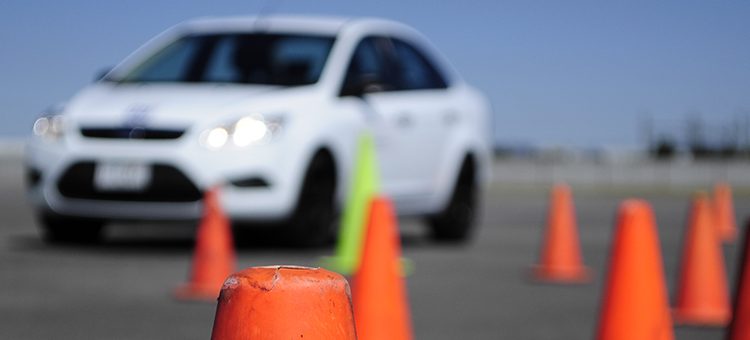You can’t control the actions of other drivers on the road. It’s frustrating, of course, but letting that frustration get the better of you when you see another driver do something dangerous on the road can lead to aggressive and dangerous driving on your part. Road rage just continues the cycle and can turn a minor dangerous incident into a very dangerous incident which is why it’s so important to drive defensively and not offensively.
This advice applies whether you’re a brand new driver on the road or an old-hand who’s experienced with the way other drivers can be in certain situations. Whether you’ve a lot of experience or little experience, everybody is susceptible to making mistakes and dangerous decisions when on the road. The following lesson might just help you with regards to handling unexpected situations safely and responsibly to reduce risk both to yourself and other drivers or even pedestrians on the road.
Be observant.
This seems obvious but it’s something that many experienced drivers might forget to do after being on the road for many years. Once driving becomes a habit, it’s very easy to go into “auto-pilot” mode and lose concentration. You need to remember that even if the mechanical aspect of driving comes naturally to you, you still need to remain focused on the things happening outside your vehicle. You’re in control of everything that happens inside your car which is why it’s all become so automatic in your mind but you’re not in control of your surroundings; the rest of the world can be unpredictable.
A good piece of advice that was given in another of the articles on this site is to always expect other drivers to be incompetent. That might sound like a strange piece of advice but it’s a great way to ensure you remain a defensive driver. Don’t expect that other drivers will follow the rules of the road as well as you. Avoiding accidents is about not only watching your own driving but watching other people’s driving. Keep an eye on drivers around you who exhibit strange behavior such as speeding up or changing lanes without really watching what they’re doing; don’t get too close to people such as that in case they unexpectedly break in front of you.
Know what to do in an accident.
Of course, no matter how careful and defensive a driver you are, it’s very easy to end up in an accident. As mentioned above, even if you exhibit very safe and cautious driving, it only takes one dangerous driver in your vicinity to get you caught up in an accident with them. The important thing to remember is that you still have a duty to keep the road safe after being in an accident.
You might still be in shock, even if it’s just a minor bump or scratch, but make sure you take the necessary actions; leave your indicators on if it’s late at night so that oncoming traffic knows to proceed with caution around your vehicle and any other vehicle involved. Make sure you call the police to notify them of the incident too. You’ll also want to look into experienced car accident injury attorneys if the incident wasn’t your fault and you want to know if you’re due compensation for whiplash or other such injuries. The important thing to remember is not to admit blame and only talk with the other driver to note down one another’s details.
Check your mental state.
Another key component of staying alert and defensive on the road is to ensure that you’re always driving in the right mental state. Obviously, drink driving is against the law, but there are many other occasions on which you should avoid getting behind the wheel. If you feel that you’re more tired than usual then you might want to think twice before driving because sleep deprivation can be just as deadly as driving under the influence. At the end of the day, we’re talking about ensuring that your reflexes are sharp and lucid. If you feel that, for whatever reason, your reflexes aren’t sharp then you’ll be a danger to yourself and other drivers if you get behind the steering wheel.
Don’t speed.
This final piece of advice might be the most common caution given to drivers but it’s one that you definitely need to take on board. Don’t speed. There’s no way that you can drive defensively or with caution if you’re speeding. You’re giving yourself less time to react to situations on the road around you. If there’s an incident ahead then it’ll take you longer to brake than if you were going at a slower speed. Even slowing down by 10mph can make all the difference, so think about the road on which you’re driving and whether your speed is safe for you and those around you.

